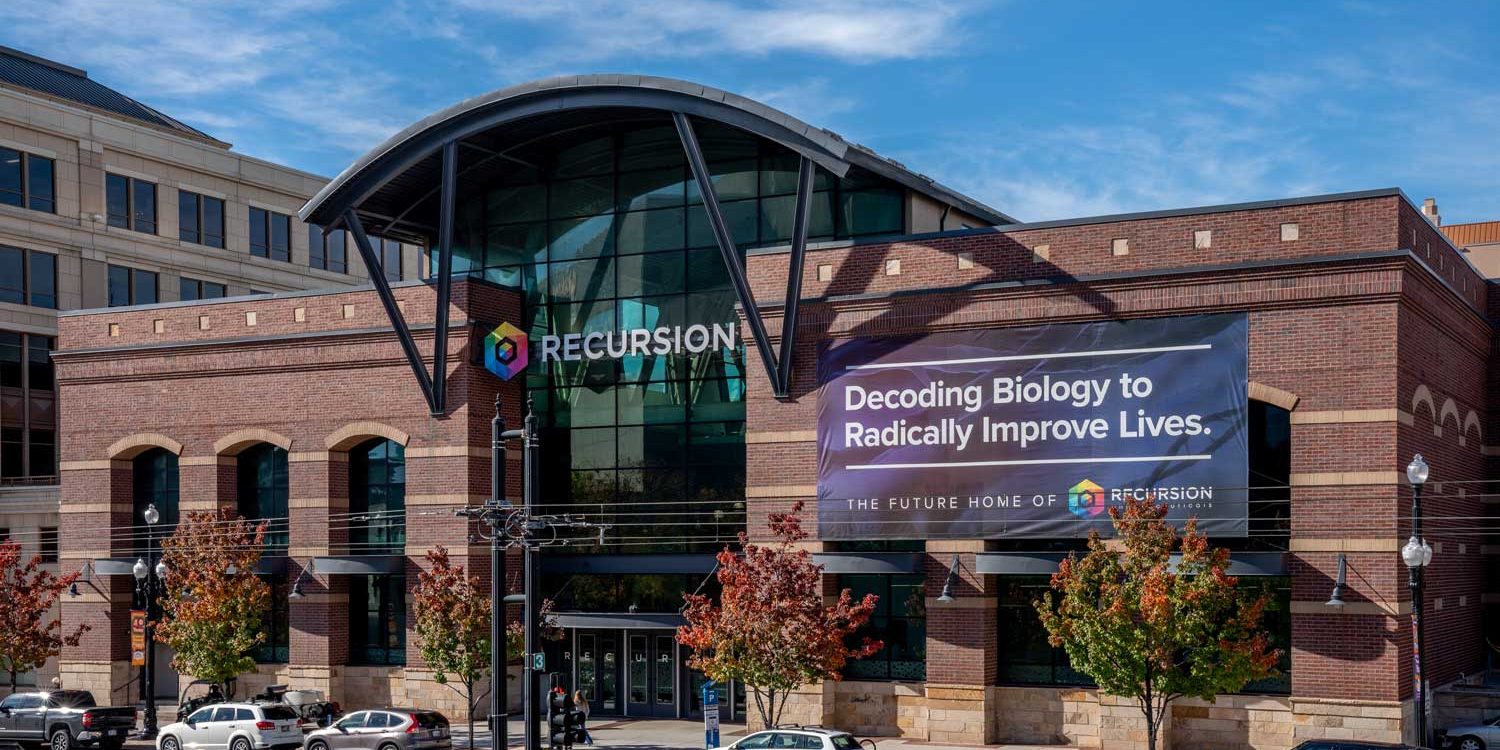Leading Companies Advancing the Field of AI Drug Discovery
The incorporation of AI Drug Discovery has brought radical change in the pharmaceutical industry. The use of AI to augment the drug discovery process is not just about doing it faster, but better, cheaper, and accessing opportunities that were once thought unimaginable. In this article, we take a look at ten firms that are currently pioneering the use of artificial intelligence in pharmaceuticals.
1. Anima Biotech
Anima Biotech was established in 2018 and the company has already partnered with some important players in the biotech industry such as Eli Lilly, Takeda and AbbVie. This mRNA Lightning.AI platform focuses on cellular pathways’ analysis in an effort to pinpoint disease relevant perturbations. With 20 preclinical programs in oncology, neuroscience, and immunology, the company is advancing the AI Drug Discovery concept and creating the basis for new therapeutic approaches.
2. Atomwise
Atomwise continued to build its AtomNet, showing that it could effectively replace conventional high-throughput screening. Working with Bayer and Sanofi, Atomwise has proven itself capable of identifying fresh hits for 235 of 318 drug targets. Through contracts of billions of dollars, the company is establishing new records for the use of AI in drug development.
3. BPGbio
BPGbio is using its BPM31510 drug platform in the treatment of diseases such as glioblastoma and pancreatic cancer. One of its recent projects with Oxford University on protein degradation technologies proves its commitment to precision medicine. The capacity that the company has demonstrated to incorporate AI in its drug discovery and therapeutic delivery is the shining example of how applying advanced computing in targeted medical solutions is important.
4. Generate Biomedicines
Generate Biomedicines has a focus on protein based drugs or therapeutics. Using the Generate Platform, the company collaborates with Novartis and Amgen to address different disease domains, including cancer and non-cancer diseases. As a disruptor, Generate is not just driving the AI Drug Discovery forward but is revolutionizing the way one thinks about therapeutics.
5. Insilico Medicine
Among the 31 disclosed drug programs, Insilico Medicine’s ability to leverage its Pharma.AI platform to progress ISM 001-055 for idiopathic pulmonary fibrosis demonstrates the company’s potential in moving from computational concepts to clinical reality. The move of In Silico to Cambridge, MA has been aimed at its desire to associate with major stakeholders in the biotechnology market.
6. Model Medicines
Model Medicines has been established with the wide pipeline of 192 compounds targeting 26 diseases, and the company has focused on developing the broad-spectrum antiviral drugs through the use of the developed GALILEO platform. Due to its ability to identify cross-target solutions for RNA viruses which are a different set of targets from the typical small molecule targets, it avails itself as a pioneer in the Adaptive AI Drug Discovery technologies.
7. Nimbus Therapeutics
Nimbus has proved to be effective in oncology and metabolic disorder diseases. The development of the TYK2 inhibitor tofacitinib, currently in Phase II/III trials for autoimmune diseases such as psoriasis, has been made with the help of Takeda. Nimbus shows how AI Drug Discovery can increase the accuracy and efficiency of drug development.
8. Recursion Pharmaceuticals
Recursion Pharmaceuticals plan to launch more than 100 products within ten years. Their RecursionOS Operating System has already produced REC-3964 for recurrent infection and REC-994 for a symptomatic cerebral cavernous malformation. The current use of AI integration was strong and makes Recursion a model of how to build scalable drug pipelines.

9. Relay Therapeutics
Operating in the precision oncology sphere, Relay Therapeutics is working on the drug RLY-2608 used for treating patients with breast cancer. Its combination therapies and molecular design with the help of AI prove how AI Drug Discovery can increase survival rates for patients.
10. Schrödinger
Schrödinger combines computational models into the preliminary toxicity risk assessment. The company’s Wee1/Myt1 inhibitor has shown synergistic effects in treating tumors and presents a chance for longer-lasting cancer therapies. Schrödinger is laying the foundations for the combination of artificial intelligence and pharma know-how through partnerships with Gilead and Bristol Myers Squibb.
In the future of AI in Pharmaceuticals,
AI is revolutionizing the drug discovery paradigm from the experimental to a data-driven precision strategy. These companies demonstrate how, with strong pipelines and novel platforms AI can move the timelines forward, decrease costs and increase the likelihood of success.
It is important to note that as more players enter the field of AI Drug Discovery, the challenges will move to regulatory approval and actual effectiveness. This evolution will not only be a boon to patients but also set a new standard for the industry making AI a necessity in today’s world of practice.
Source:: genengnews.com



